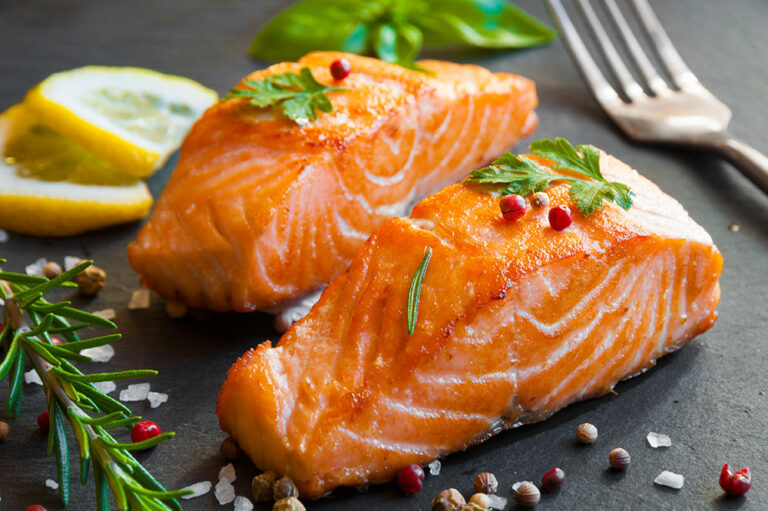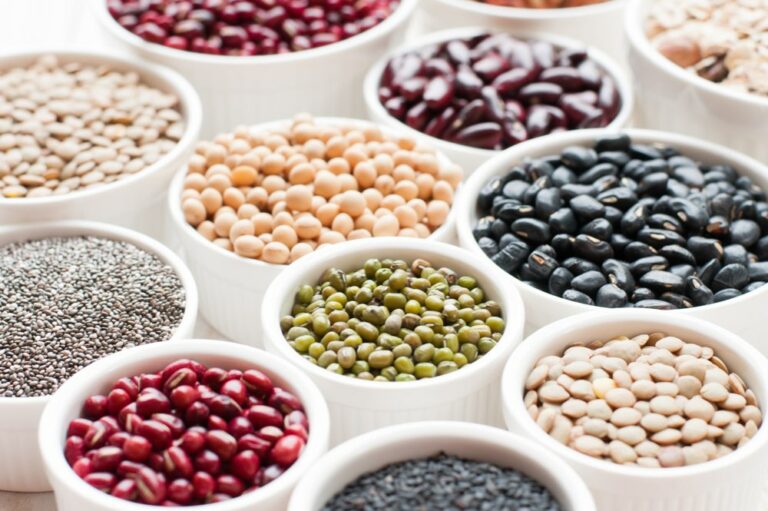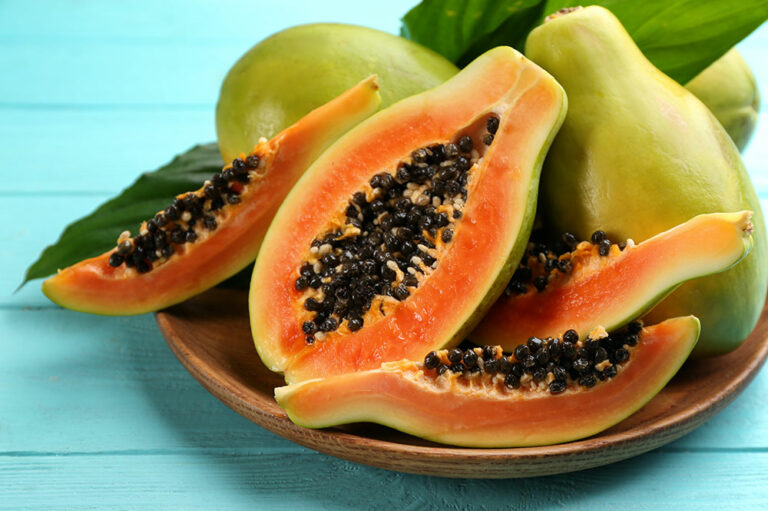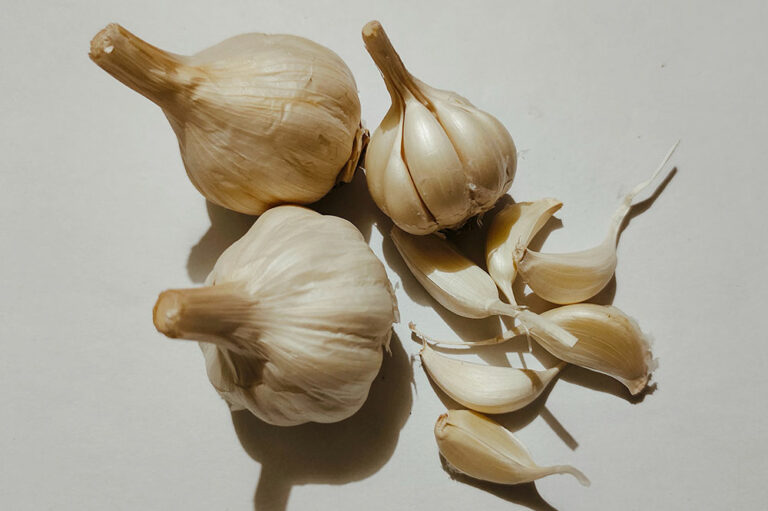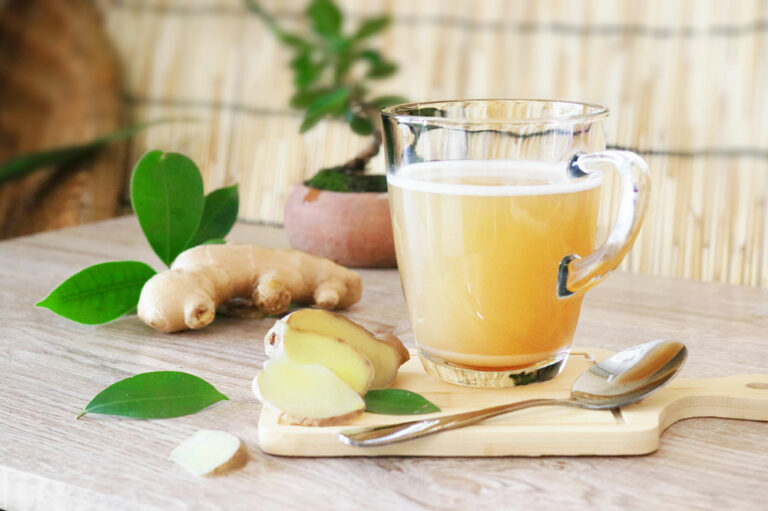6 foods that help fight migraine
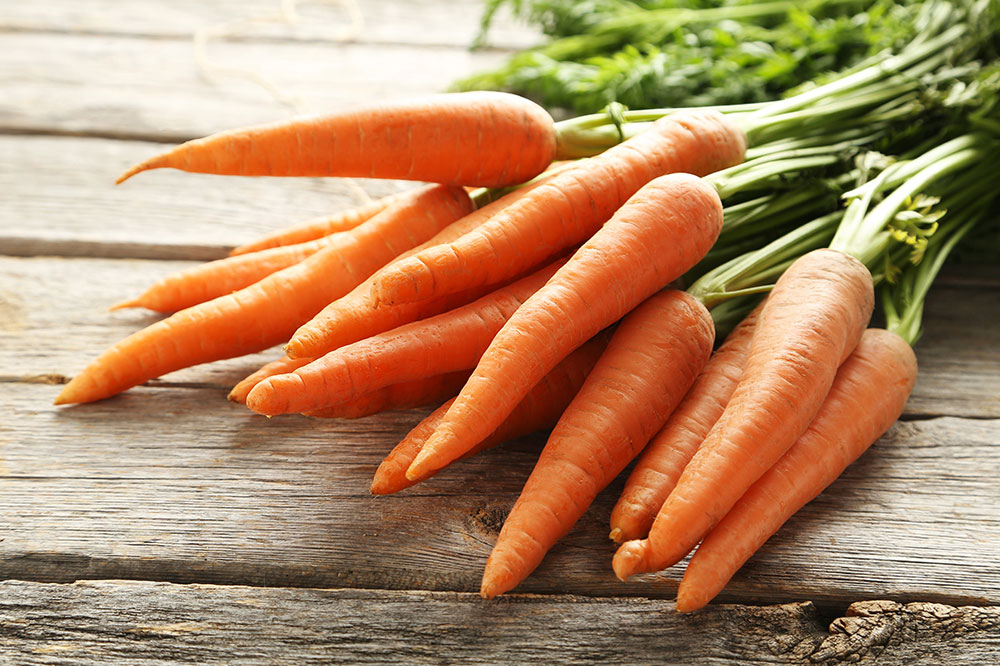
Most people prone to migraines are aware that certain foods can trigger a migraine attack. While it is important to know what foods to avoid, it is equally important to know which foods help in migraine relief. Although some lifestyle changes may help, it is important to incorporate healthy foods into your nutrition regime as well. If you are looking for ways that help manage migraines, here are some foods that may alleviate an attack.
Carrot
Studies have shown that there is a strong association between dehydration and migraine. Since carrots contain a good amount of water, it may be a great idea to include them in your meals. They are also rich in beta-carotene and contain anti-inflammatory properties.
Banana
Bananas are rich in magnesium, a mineral commonly associated with migraine management. It also improves palate function and helps in blocking pain-transmitting chemicals, like substance P and glutamate, from reaching the brain. Intake of oral magnesium prevents menstrually related migraine, according to American Migraine Foundation.
Dark chocolate
Dark chocolate with at least 70 percent cocoa is one of the richest sources of magnesium. It helps you get a good night’s sleep and relaxes the body. However, some people with migraine may find chocolate to be a trigger. So it is always advisable to proceed with caution.
Spinach and kale
Leafy vegetables like spinach and kale are another magnesium-rich source. They contain a high level of vitamin B folate, which is known to decrease the frequency of migraine. You can add spinach to scrambled eggs or toss some kale to your salad for lunch.
Watermelon
About one in three people have said that dehydration is a trigger of migraine, according to the American Migraine Foundation. Since watermelon contains more than 90 percent water, adding a few slices to your meals may be helpful. Try to eat watermelon fresh for a maximum hydrating effect.
Herbal tea
Tea helps prevent dehydration relieves headaches, depending on the type. Peppermint tea improves sinus congestion and pressure, which are some common symptoms of a sinus headache. Additionally, ginger tea can help relieve a tension headache.
Adding the right nutrition to your food may help in relieving the triggers of migraine. However, in severe cases, a change in the food regime may not be enough. Some doctors may prescribe a change of lifestyle along with other forms of treatment.
UBRELVY (ubrogepant)
The exact cause of migraine is not known, but a protein called calcitonin gene-related peptide (CGRP) plays a role in it. High levels of CGRP can lead to swollen blood vessels, triggering severe pain. UBRELVY works by attaching CGRP receptors, thereby blocking pain sensation.
Nurtec ODT (rimegepant)
Nurtec ODT (rimegepant) is a new option that blocks nerve receptors that signal pain. This medicine is also used to prevent episodic migraines. Nurtec ODT is an orally disintegrating pill that dissolves on or under the tongue.
Excedrin
This is an over-the-counter headache pain reliever. It is a combination of aspirin, acetaminophen, and caffeine. Aspirin relieves pain by blocking the making of certain natural substances that cause fever, pain, and inflammation. Acetaminophen is a pain reliever and fever reducer, and caffeine increases the effect of aspirin and acetaminophen by relaxing muscle contractions in the blood vessels to improve blood flow.
Further, patients can consider QULIPTA, a treatment that helps prevent episodic migraine in adults. One can purchase this treatment using the QULIPTA Complete savings program. Those enrolled are offered a savings card and can pay as less as $0 a month for treatment.
